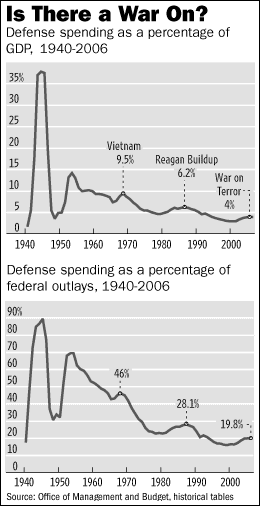I love Google.
Google is the one and only reason why I would, had I not switched to a Mac, still be using a PC today. It has made the Windows experience much more bearable amidst the ubiquitous viruses, security flaws, and general unamicable user experience.
Before I switched a little bit more than a year ago, Google's search engine was a knowledge haven, Gmail was just gathering momentum, and Google Desktop's beta was so much faster to look for things in your computer. Image search and Froogle (shopping search) were both available and useful, but so many Google products have come out of Beta since then that it's absolutely mind-boggling.

Do you know them
all?
In terms of search and the web experience, most people know about the
Maps,
Books, and
Video, but few (academics and students) know about
Scholar. You can search
Blogs for personal takes on issues or an independent stance, or
News for professional op-eds. Or if you just want to see the world, flying across the globe is now much
easier (and cheaper) than crossing the duck pond for 17 hours.
But what really made the PC user experience phenomenal is all the software made available to the masses, by none other than the legendary "Don't be evil" Google.
For email, there is virtually unlimited storage at
Gmail. For photos, I'm enviously drooling at
Picasa's new
webhosting feature as well as its old
sharing program, even though iPhoto is bundled with the iLife suite. For communication, you can talk, talk and talk (or type) with Google
Talk. For organizing your life, use the virtual
Calendar, and as for bullshitting, they have
this.
Their labs churn out amazing products, if you like
procrastinating, being
cliquey or are an
SMS addict, Google is your best bud. But their smartest decision was to acquire other smaller companies. Keyhole, Picasa, Hello, and best of all,
Sketchup, the completely free 3D modelling software for poor idealistic architecture students.
The
purchase is only one of many. This
other one is the first step towards taking over Microsoft Office's monopoly.
For word processing there's
Writely, for spreadsheets there's Google
Spreadsheets. Makes it so much easier to collaborate online, lifting Outsourcing to another level. Want to publish webpages in 2 clicks? Check out Google
pages. It's the PC version of iWeb.
As for upcoming products (developing in the refinery) I personally adore Google
Trends for comparing the most mundane things. I haven't tried the online
Notebook yet, mainly because I believe it's only available through Firefox, like many Google products. And there are dozens more that I opted not to mention. Just think that all of that came about in one short year (or two if you will). And there's more and more coming up. Watch out for
Gbuy, the Paypal nemesis. As for Google's not-so-
secret weapon: data centers, warehouses of processors and disks are popping up like mushrooms as Microsoft and Yahoo try desperately to keep up.
"Google has constructed the biggest computer in the world, and it's a hidden asset,"
Today, it's Google Earth's
1st birthday,
Shakespeare just joined Google, and the Internet will be run by
Google WiFi.
 If you're interested, here's a (non-comprehensive) list:
If you're interested, here's a (non-comprehensive) list:
